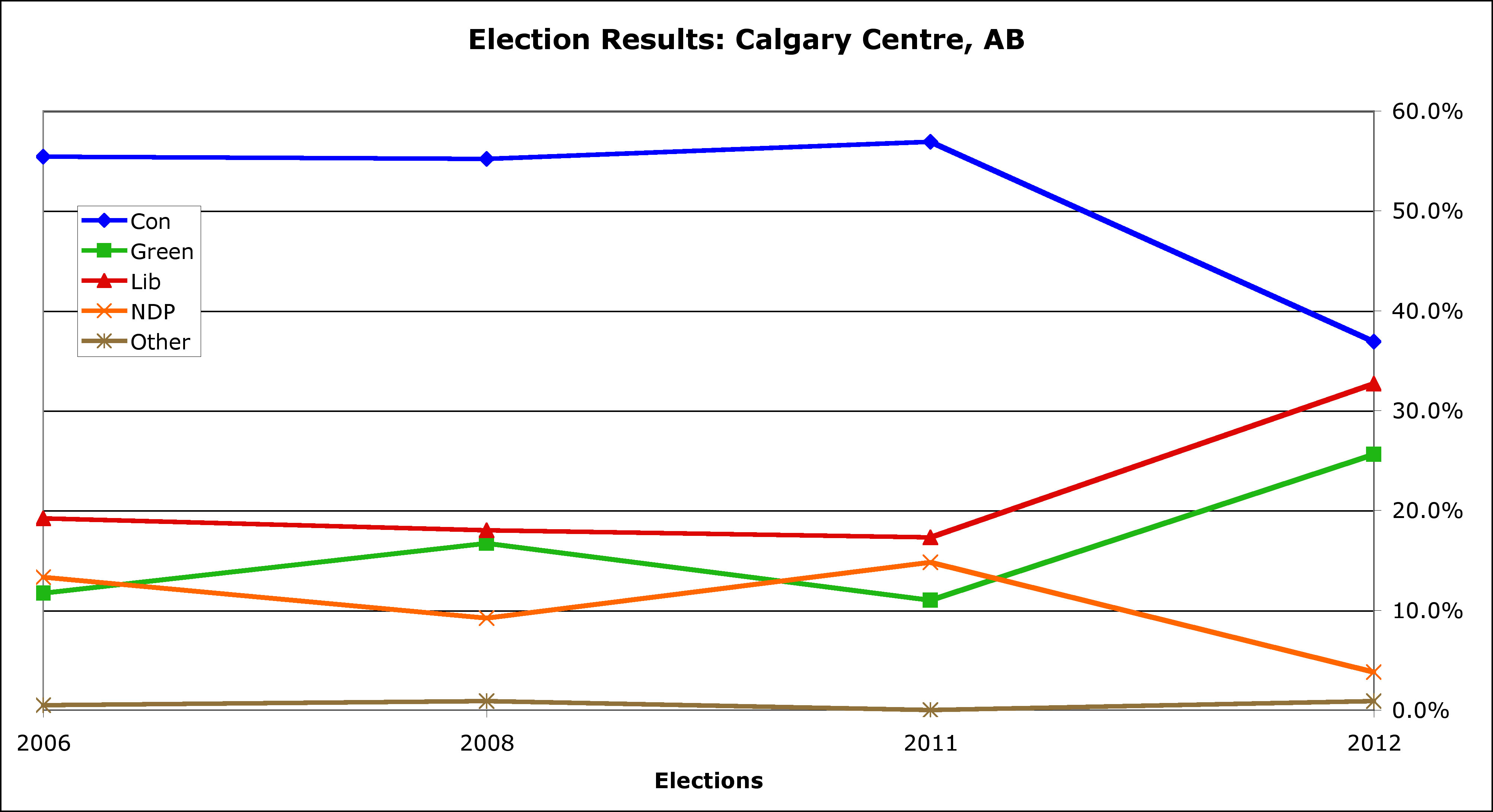Please support our coverage of democratic movements and become a supporting member of rabble.ca.
Perhaps the only thing more stunning than Alberta’s ruinous flooding has been the realization that not even a disaster of this magnitude, right in the heart of oil country, seems sufficient to break the torpor surrounding climate change.
Indeed, federal and Alberta authorities seem undeterred in their dream of turning Canada into an energy superpower, even if it means immersing the country neck-deep in water.
The disconnect is stunning. Graphic footage of rivers overwhelming the nation’s oil capital appear on TV newscasts alongside perky ads about the benefits of the oilsands.
Before the floodwaters totally engulf us, it’s worth pondering what has gone so terribly wrong that we — a highly touted species with a large, complex brain — seem unable to figure out how to protect ourselves from the catastrophic weather events that scientists have told us to expect. Dinosaurs, with their tiny brains, at least had an excuse.
In particular, how is it that the world community managed to come together and deal successfully with the big global environmental crisis of the 1970s — ozone layer depletion — and yet seems incapable of making any progress in tackling the environmental crisis of our time?
There are some striking parallels between the two crises. In both, an overwhelming scientific consensus quickly emerged about the severity and scope of the problem, a highly organized campaign based at the United Nations swung into action, while powerful corporate interests invested huge resources in blocking meaningful progress.
In the ozone case, however, the public interest triumphed. Within about a dozen years, a global treaty, the Montreal Protocol, was signed, significantly limiting ozone depletion, hailed by former UN secretary-general Kofi Annan as “perhaps the single most successful international agreement.”
But would such resolute international action on the ozone crisis be possible today — given the dramatic rise in corporate power in recent decades?
The climate battle, launched in 1988 right after the signing of the Montreal Protocol, has been played out in a very different age — one dominated by the mantra “government bad, private sector good” when corporate power has been at its zenith, enjoying a virtual stranglehold on key public policy decisions.
The change can be seen vividly at the UN.
With the new anti-government, pro-business paradigm, the UN was transformed from a body aimed at regulating and monitoring international corporate behaviour to one that “partners” with the corporate sector, note Sabrina Fernandes and Richard Girard in Corporations, Climate and the United Nations, a report published by the Ottawa-based Polaris Institute.
Taking full advantage of this change, the fossil fuel industry became deeply embedded in every aspect of the UN climate change process, using its inside role to effectively scuttle progress, like a fox setting up headquarters right inside the henhouse.
Fernandes and Girard suggest that this ubiquitous corporate involvement — some 4,200 individual corporate lobbyists were given privileged access to the UN negotiating process — managed to render the originally promising international campaign against climate change effectively dead by 2011.
This suggests that the rising tide of corporate power in recent years, with its sweeping changes to the political culture and global policy agenda, may have been key to enabling the fossil fuel industry to derail a global campaign aimed at preserving the Earth for human habitation — a campaign that, by any logic, should have been unstoppable.
Ironically, the values encouraged in our business-dominated era discourage the sort of co-operation that may soon be more necessary than ever.
Fortunately, Albertans, while steeped in the mantra of “survival of the fittest” and “greed is good,” seem to have set aside that training and pitched in selflessly to help each other through the crisis.
As we move deeper into the age of climate disaster, these traits of empathy and social solidarity — so belittled in our ultracompetitive, winner-take-all culture — may come to be appreciated again, even regarded as signs of sanity.
British writer George Monbiot nicely captured the warped nature of this culture, noting that it tends to result in psychopaths from poor backgrounds going to prison, while psychopaths from rich backgrounds go to business school.
Linda McQuaig is author, with Neil Brooks, of The Trouble with Billionaires: How the Super-Rich Hijacked the World and How We Can Take It Back. This article was first published in the Toronto Star.
Photo: Wilson Hui/flickr



